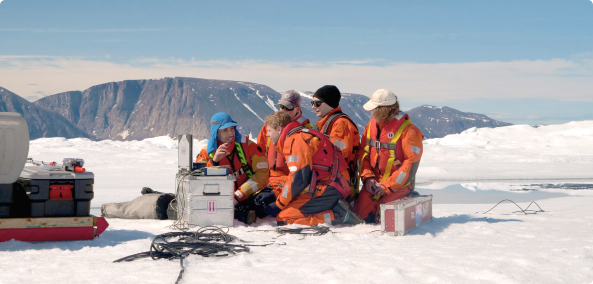The Antarctic Ice Sheet is contributing approximately 0.5 mm of sea level rise per year. The timing and magnitude of the Antarctic Ice Sheet’s contribution is difficult to assess, partly due to the variability of its surface mass balance and its future evolution. Surface mass balance is the net addition or removal of mass at the surface of the ice sheet.
The BELSPO- funded Mass2Ant research project aims to better understand the processes controlling the surface mass balance in East Antarctica, its variability over the last three centuries and, ultimately, improve model projections of surface mass balance changes of the East Antarctic Ice Sheet.
This 2021-2022 fieldwork season is the fourth and last one of the Mass2Ant project. This year the work was accomplished in three weeks at the remote location of Lokeryggen Ice Rise, which is located near the coast, about 160 km from the Princess Elisabeth Antarctica (PEA) station.















